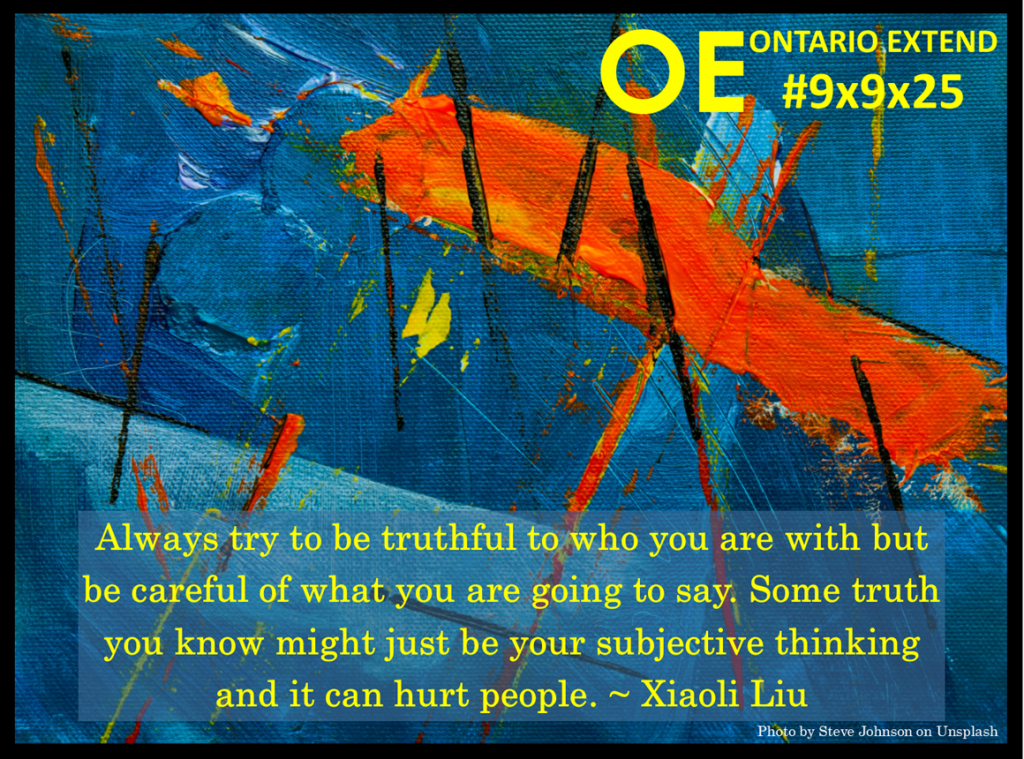8 How Recognition Helps Students
Xiaoli Liu

What is recognition?
The Recognition here I am talking about is slightly different from what the dictionary has presented. My understanding about Recognition in our tutoring services is to perceive, to understand, to know, to help, to change, and to give credit to those who you are helping. Specifically speaking, it lies in 6 different aspects.
- Recognizing that there is no big difference between our tutors and our client students.
- Recognizing that everyone comes from different learning processes.
- Recognizing where they are and where they want to go.
- Recognizing that everyone can be as good as you if you believe in them.
- Recognizing that you can always see their understanding process positively.
- Recognizing that whenever they make a progress, the recognition you give them will make them stronger and more confident in learning or solving problems.
Why is recognition important to students?
- Knowing that everybody shares something in common gives us an understanding that they can be where you are and that helps tutors to have faith in students.
- One needs to know where they are and then they will be able to know where they can start off. That is exactly where people can move forward properly.
- Being understood by people makes thing easier, therefore the students would be more comfortable to learn with the tutors because they realize that the environment that they are in is open and free and not judgemental.
- When you are giving positive feedback, you are actually helping people to understand themselves better in a right way.
- Wherever there is a recognition, there is love and good will, and there is something makes people stronger and feel better about themselves.
How recognition can be different and how it works?
- Always try to be truthful to who you are with but be careful of what you are going to say. Some truth you know might just be your subjective thinking and it can hurt people. Try to be as neutral and objective as possible. For example, if they think they are not good at math, it might just because they have not been doing this for a long time and they get rusty, and you should tell them about that and you are stating the fact and get it out from different angle.
- Keep a weather eye out. Try to see what is good in them. For example, when a student can’t figure out how a fraction works, but if you observe that how they work well in algebra and calculating orders and you can tell them how they are good at those and they just need to try a different way out with fractions because things have different nature and we sometimes just get used to what we normally do. Also, when you get to know them better, you will know how to communicate with them in a way they feel comfortable with.
- Always believe that they are good. Your attitude actually influences them a lot. People feel and perceive. They know how you look at them. Try your best to understand their feelings behind what they say and you will know how to work with them properly.
- Always make a compliment whenever you see any progress that they have made. It doesn’t matter how small it is.
In a nutshell, recognition in tutoring is something that plays a big role where it affects, alters and helps what is going to happen in our student’s learning process .
Xiaoli Liu is a 2nd year Business Accounting student and has been a tutor since May 2018. Liu plans to continue her studies after graduation to become a CPA.
Featured Image: Photo by Mimi Thian on Unsplash
From the OE 9x9x25 Inspiration Gallery:

Always try to be truthful to who you are with but be careful of what you are going to say. Some truth you know might just be your subjective thinking and it can hurt people. ~ Xiaoli Liu
-.-.-.-.-
Discussion Questions
- How can you show recognition to your students as you tutor?
- How do you determine where your students are in their learning process?
- Share a story of a student who has grown in confidence, how do you think you had contributed to that process?
Scenario
You are meeting a student for the first time. When the student arrives, they declare: I don’t know anything! You know this can’t be true, they know at least some things about the course material. What techniques can you use to tease out what they know and confirm this for your student?
Reflection Prompt
- Has there been a time in your life when you were not sure that you could do something? Was there someone who encouraged you or believed in you? Write a short passage about that experience.

